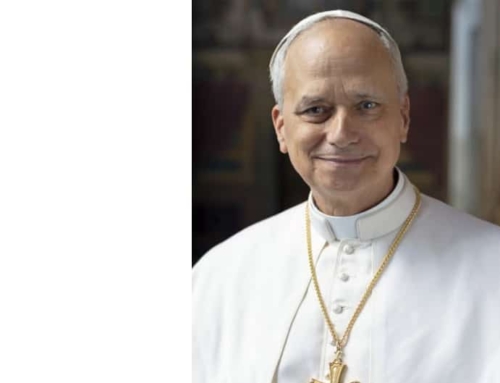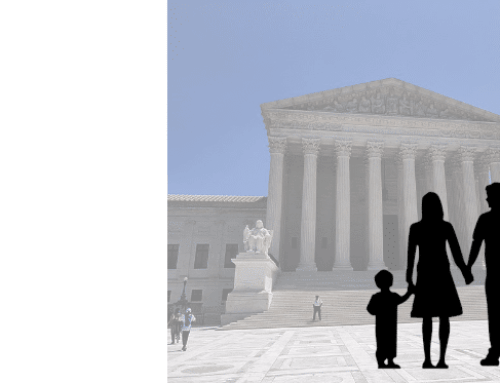Catholic League president Bill Donohue comments on the results of a new survey on religion:
The Cultural Research Center at Arizona Christian University recently released the results of three surveys on religion. It was learned that most Americans do not hold to a biblical worldview; rather, they embrace a mixture of competing interpretations, many of which are grounded in one version of secularism or another. There are other findings, of a more specific nature, that also merit our attention.
The decline of a Judeo-Christian culture extends back decades, but it took until recently to see the full fruits of this development on an entire generation. More than four-in-ten millennials (those born between 1985 and 2002), for example, say they either don’t know, don’t care or don’t believe God exists. Three quarters of teens and young adults agree that what is “morally right and wrong changes over time”; 31% strongly agree and 43% somewhat agree.
These two findings are strongly related. Indeed, the former explains the latter. If, as taught from K-graduate school, that God is a chimera, it follows that there is no such thing as objective truth. Of course, if that were true, then those who believe this would have no moral grounds to protest calls to enslave them. Think about it. Who are they to protest someone’s else’s truth?
Those of us who believe in natural law and natural rights are not stuck in this jam. We believe that God is the source of truth, and that his teachings are encoded in the Ten Commandments. In other words, there are some things that are inherently wrong, and do not vary over time. Lincoln understood this, as did Rev. Martin Luther King; their deeds were driven by, and based on, these eternal truths.
Not surprisingly, the researchers found that millennials are the most likely age group to define success as “happiness, personal freedom, or productivity without oppression.” As such, they believe that it is perfectly fine to have an abortion if it is performed “to reduce personal economic or emotional discomfort.” Their political leanings, the surveys found, are decidedly liberal.
These results are the logical fallout of what happens when God and truth are jettisoned. Having rejected any external basis for truth, the nucleus of one’s moral compass reverts to oneself. That being the case, happiness and comfort become paramount, and anything that stands in the way of their fulfillment is verboten.
Given this strain of radical individualism, how can society be expected to care for those in need? Having rejected the Mother Teresa model—it is the job of every individual to tend to the needy—there are only two choices left: do nothing or have the state provide for them.
The answer, for millennials, is the latter. The surveys disclose that they are the most likely to champion liberal “fiscal and social policies.” So while services for the needy will be provided, they will come from the state, leaving us completely unburdened, save for taxes. That way we can pursue happiness and comfort, the twin measures of our wellbeing.
Dostoevsky was right. “If there is no God, everything is permitted.” Anyone who thinks such an idea has benign consequences knows nothing about history.







